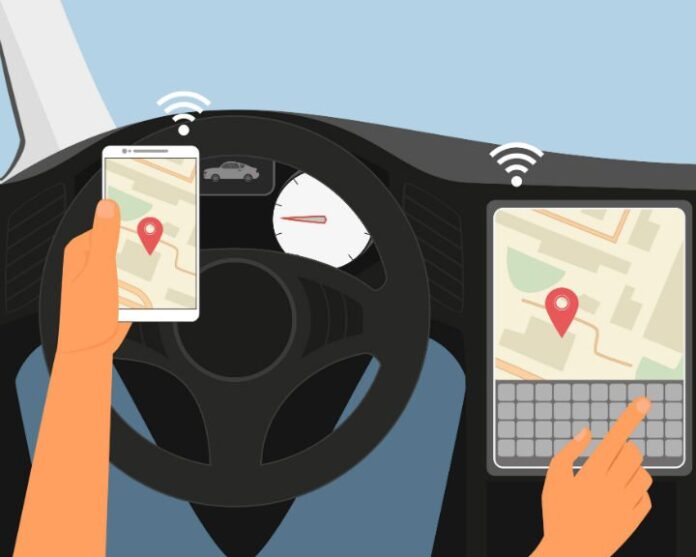AT&T strikes connected car deals with Autonet, Voxx tapping into LTE capabilities
AT&T is looking to expand its already strong position in the domestic telematics space, announcing a pair of new initiatives designed to further its connected car business. The initiatives, which were announced in connection with this week’s Detroit Auto Show, include powering third-party platforms from Autonet Mobile and increasing the capabilities of a current offering from Voxx Electronics.
The Autonet deal will see that firm’s integrated connected car service tap into AT&T Mobility’s LTE network. The Autonet telematics service allows for control of some vehicle operations through a smartphone application, including door locks, in-vehicle Wi-Fi access and maintenance status. The platform is currently used by Chrysler Fiat Automobiles, General Motors, Maserati, Subaru and other brands.
The Voxx partnership calls for an upgrade to its current Car Connection Elite platform that will see it take on the Car Connection 2.0 label. The upgrade, which will be available later this month, is said to provide more functions targeting increased safety, control and convenience in the car. New customers can also purchase the newly bolstered service for $99.
The physical device plugs into a car’s on-board diagnostic port and sends the information to either a smartphone application or website using AT&T Mobility’s network. The new services include driver monitoring, geo-fencing, car location, crash notification and maintenance updates.
Customers can also choose to share information from the device with insurance companies that provide for reduced rates depending on driving behavior. Joe Mosele, VP for AT&T’s IoT Solutions Business Development, noted more than a dozen insurance companies are involved in evaluating driving information.
The Car Connection 2.0 does require a customer to be signed up for one of AT&T Mobility’s Mobile Share or DataConnect plans.
The device and service appear similar to an offering launched earlier this year by Verizon Wireless, and continues to show the aggressive moves by mobile operators in the connected car and telematics spaces.
AT&T last year opened up its auto-centric Drive Studio in Atlanta, providing a central location for developers and automakers to work on in-car connection services. The carrier also recently pushed forward with its more specific AT&T Drive program targeting the automotive space. AT&T last month struck a deal with Audi to power the Audi Connect feature in all U.S.-based 2016 Audi models.
Verizon Wireless previously had a substantial presence in the domestic telematics space through a partnership with General Motors’ OnStar system. However, AT&T last year snagged that partnership, along with a number of other telematics deals with auto manufacturers.
Prior to losing the OnStar deal, Verizon Wireless had signed a number of deals with the likes of BMW, Honda, Hyundai, Kia and Toyota through its 4G Venture Forum for Connected Cars. However, little has been seen from that partnership since it was announced.
Sprint has also pushed into the telematics space with its Velocity initiative, with the carrier working with head unit and telematics control unit vendors to embed cellular connectivity into automotive and accessory platforms.
Bored? Why not follow me on Twitter

